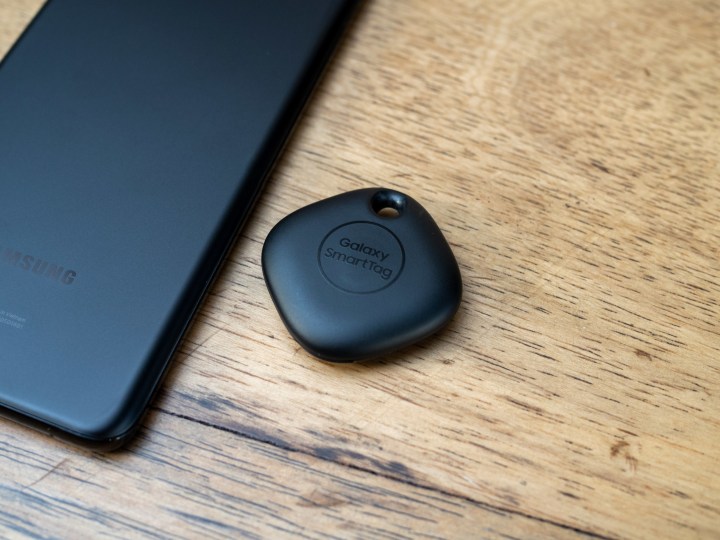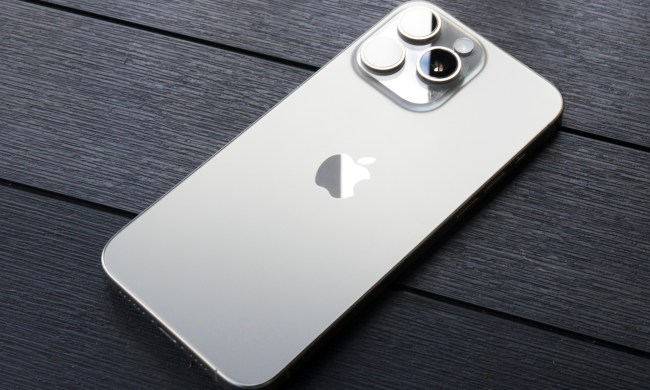Samsung is not the first brand that comes to mind when you are out shopping for an object tracker. That kind of consumer trust and appeal is currently commanded by Tile, which kickstarted the trend, and Apple’s popular AirTag. However, Samsung wants to wiggle its way into that space with yet another object tracker that’s destined to arrive soon.
Citing unnamed sources, SamMobile reports that Samsung is planning a refresh of its Galaxy Smart Tag portfolio. And if all things go according to plan, the second-gen object tracker from Samsung will hit the shelves in the third quarter of 2023 — possibly around the same time frame as the launch of Samsung’s upcoming foldable phones.

Right now, details are scarce about the upgrades that one could expect from the upcoming Galaxy SmartTags, and we don’t know about any plans for a design rework either. But it would be interesting to see if Samsung manages to boost utilitarian aspects like detection range, add better speakers with a wider audio alert scope, and lengthen battery life.
The current Galaxy SmartTags are already one of the best AirTag alternatives out there, thanks to their extremely pocketable size and a vast tracking network supported by hundreds of millions of devices across the globe. However, being locked to the SmartThings ecosystems means these can only be used if you have a Samsung phone in your hands — like the Galaxy S23.
On the positive side, the tight integration with Samsung products means you won’t have to strain brain cells trying to figure out third-party app functionalities, and everything is seamless. Plus, Samsung’s object tracker draws power from the standard CR2032 coin cell, which is good for months and can be replaced with ease.
Another extremely useful aspect of the Galaxy SmartTags is the integration with smart home devices that play well with Samsung’s SmartThings protocol and even some phone-specific features. The button on the tracker can be customized to perform tasks like controlling lights, and support for ultra-wideband tech allows users to track the location within 15 meters using AR cues in the camera app.
Tile recently introduced an antitheft mode for its trackers that renders it invisible to all scans except the owner’s registered device. The company has built it as an antitheft measure, but the feature needs to be activated by verifying with a government-issued ID card. Samsung would want to offer features like these if it aims for meaningful upgrades on the second-gen Galaxy SmartTags.



